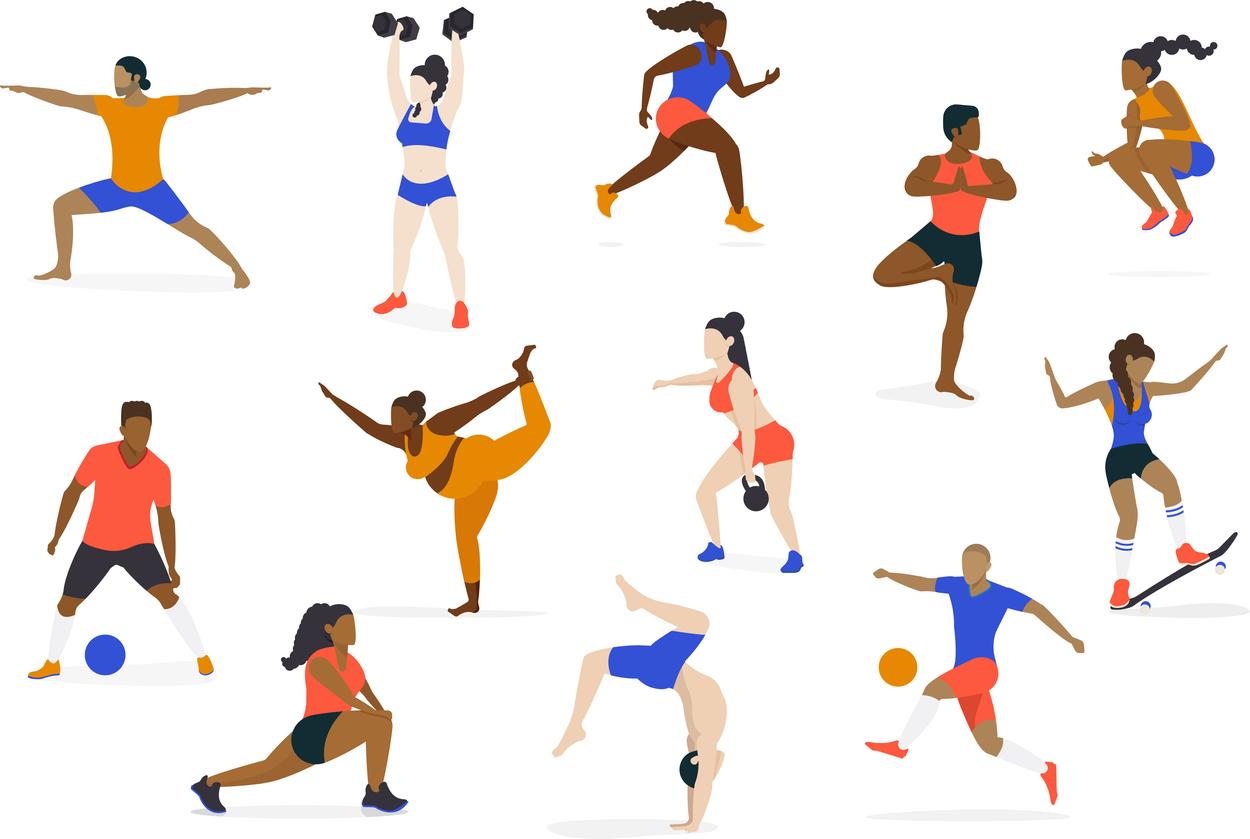“Diabetes entered my life when I was 6 years old. An ordinary medical visit in elementary school, an abnormal level of sugar in the urine … after that, I do not remember anything. I was the third child affected, in a family of three boys, with no family history. We searched for a long time, searching the family tree until the Revolution … Since that day, my life has been strewn with key dates and first times. When I was 11, the first insulin shot I had on my own. And the feeling of suddenly becoming tall, autonomous. At 15, my first visit alone to a diabetologist at Hôtel-Dieu, and my total management of the disease. At 28, this announces to my wife: we can envision a future, have children with whom I will walk without being helped by a white cane. Today we have three sons aged 11, 12 and 16 who are doing well. Being a father brought me back to a kind of normalcy. Before that, I had been a sad, lonely teenager. I had no future, no school, professional or family plans. I just imagined myself as an adult on dialysis and blind, prisoner of a damaged body. And this idea was untenable.
The first click happened when I chose the scientific path
It was in second grade. I dreamed of being a doctor, but I still felt the diabetes weighing down like a sword of Damocles and I wanted to start working life without delay. The nursing profession imposed itself on me: it allowed me to confront the disease. I immediately became a diabetology referent and trainer for colleagues. I gained legitimacy, recognition. And my pathology took another form. From a simple victim, I became an expert and a caregiver. And then there was the sport which, much more than just a crutch, took a considerable place in my life and is now an integral part of my treatment. Along with diet and medication, it is the third pillar that helps to counter the progress of the disease and possible complications. It improves sensitivity to treatment, promotes weight loss or maintenance and most importantly, it consumes carbohydrate, thus reducing the need for insulin. I was lucky to have a marathon father who, very young, gave me a taste for physical activity. He was training on Sunday mornings, and I was going to run with him. Today, I too am a marathoner and, considered as a top athlete, I do demanding races, and I am proud of it.
My wife is afraid of these competitions, she is afraid that I will not come back. Even though it seems selfish, I come back with increasingly difficult challenges, because that’s what defines me, it’s how I found to survive diabetes.
In sport I am not labeled sick
The pleasure that I find there does not lie so much in the effort itself as in the surpassing that it requires. The collective dimension has played a big role: being included in a community where I am the only diabetic, finding another family, not just being labeled sick. I have also been president for 4 years of the Sports and Diabetes Union, which promotes sports or physical activity in diabetics. You don’t have to be an athlete, you just need to be on the move: walking, gardening, cleaning! Patients do not know it enough: sedentary lifestyle, at all ages, is a real scourge. However, my daily life is not simple, punctuated by painful moments, disabling events such as hypoglycemia upon waking up or hyperglycemia caused by stress and overactivity in sports. But, between diabetes and me, I will win the fight.
Strength is found in yourself!
The luck that we have is that technical progress makes things a lot easier: I am equipped with a blood glucose sensor and an insulin pump, which I wear on me night and day, to measure my blood sugar level. at all times and give me the right dose of insulin. You become an actor in your diabetes, you are no longer passive. The patient-caregiver relationship is transformed, it is now a real sharing of experience. I will be celebrating 40 years of diabetes next year, and I have no complications. I am proof that by hanging on, by being vigilant, you can keep your illness in check. It must be said to young patients: it is ignorance that causes fear. With the Internet, there are a thousand ways to get information and get in touch with others. Sad stories will be told to you, but you have to know how to hear the most beautiful, and always remember that strength is found in yourself. It is a medical training as much as a training of oneself. “
Read also
Practice sport when you have diabetes
















